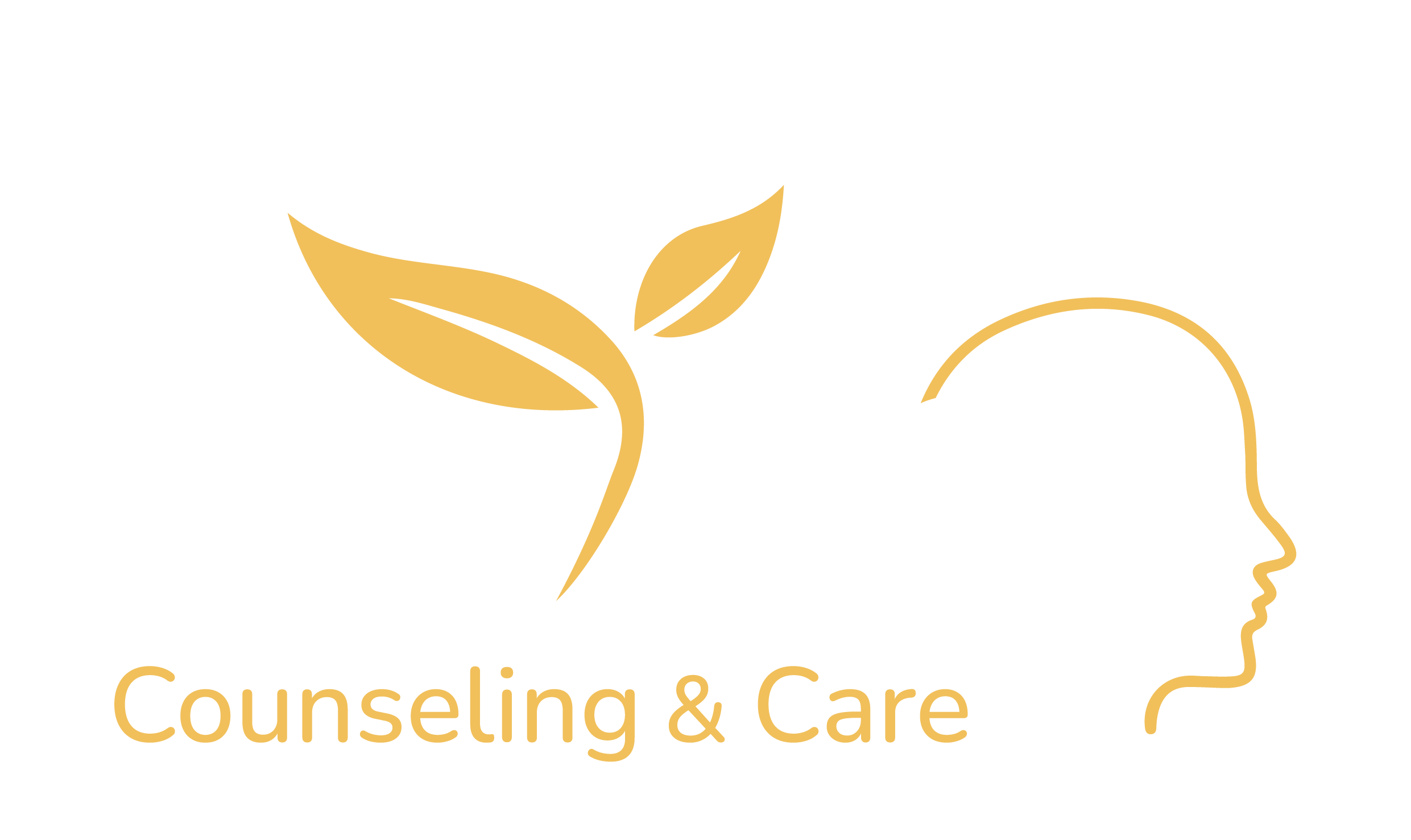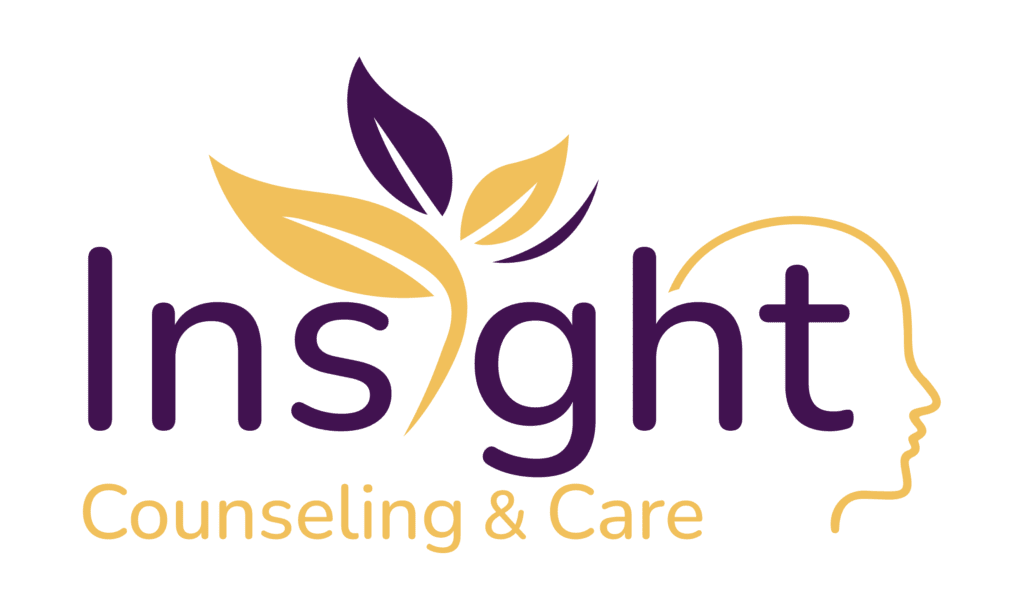Regardless of political affiliation, elections can be stressful and overwhelming. In some cases, these critical political decisions can bring up emotions and feelings from the past that can be difficult to cope with. If you are experiencing these feelings you are not alone!
Post-election stress can be characterized by feelings of hopelessness, fear, and/or a rise in anxiety and stress during and after a critical political election. According to a stress survey conducted by the American Psychological Association, after the 2020 presidential election, 68% of adults in the United States reported that the election had caused a significant increase in stress in their lives.
Now, with the 2024 Presidential Election approaching, understanding effective ways to help cope with such an increase in stress can be extremely beneficial! Here are 8 tips to cope with post-election stress
1. LIMIT MEDIA EXPOSURE
During the elections, we often see an explosion in media coverage as candidates are actively trying to sway undecided voters through social media platforms. Having constant exposure to new information regarding these elections can be overstimulating and ignite negative feelings such as stress and anxiety. Being more conscious of limiting this exposure can help mediate stress levels.
2. FOCUS ON WHAT YOU CAN CONTROL
Focus on what you can control and what positive actions you can take to help make the situation better. Oftentimes we are quick to jump to the negatives by focusing on the worst-case scenario. Instead of focusing on potential bad outcomes, focus your energy and attention on things you can directly control.
3. YOGA AND MEDITATION PRACTICES
Many practitioners have recommended incorporating mindfulness activities such as yoga and meditation to help alleviate some of the stress that might arise during the election. These mindfulness practices can help you recenter and ground yourself, allowing you to feel more in control. Many of these practices can be found online and in apps that can be used as a helpful guide regardless of your experience level.
4. COMMUNITY INVOLVEMENT & HOBBIES
Get involved within your community. Picking up a new hobby and becoming active in a group that is meaningful to you can also help elevate high-stress levels. Deviating your attention and focusing on something you enjoy during periods of high stress can bring you a sense of peace and calm.
4. CONNECT WITH OTHERS
Talk to family, friends, and colleagues that you feel comfortable with. Having a support system and being able to actively engage with these individuals can be extremely helpful when feeling overwhelmed and stressed. You can even engage in conversation surrounding policy and current events but know when to step back if you start to feel overwhelmed.
4. ACKNOWLEDGE YOUR FEELINGS AND EMOTIONS
Be present in the moment. Permit yourself to reflect on how you are feeling, the emotions you are experiencing, and the reactions you may be having when exposed to new political information. Understand that while these emotions may be intense at times, ignoring strong emotions can have a negative impact in the long run.
4. STAY ACTIVE
Moving around for even a small amount of time every day can release pent-up tension and stress within the body. Allowing you to feel more relaxed and calm throughout the day. Even walking around outside for 10 minutes can make a tremendous difference.
4. KNOW WHEN TO ASK FOR HELP
We are here for you! If you are feeling overwhelmed or experiencing high levels of stress regularly, reach out! Speaking with a clinician can provide you with more insight on how to improve your coping skills when dealing with post-election stress.
Remember, you are never alone & we are in this together.
By: Kaitlynn Russell, Clinic Assistant at ICC







